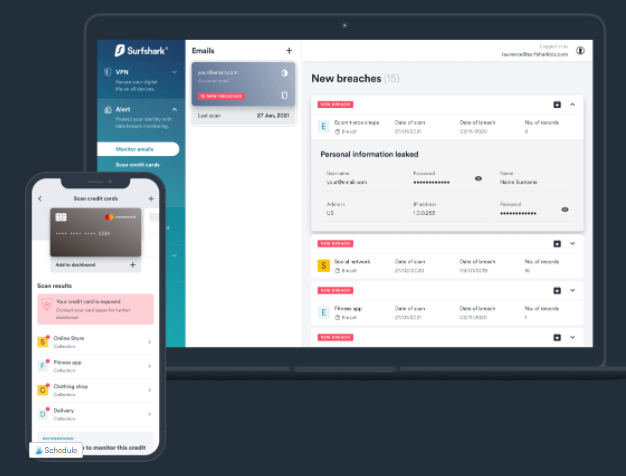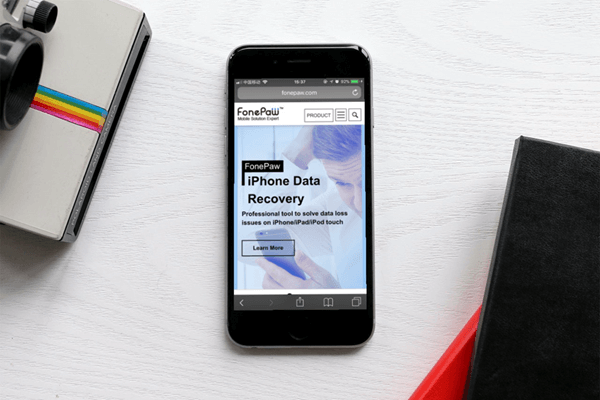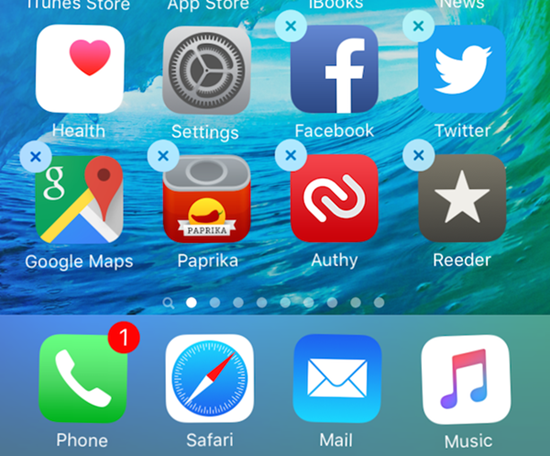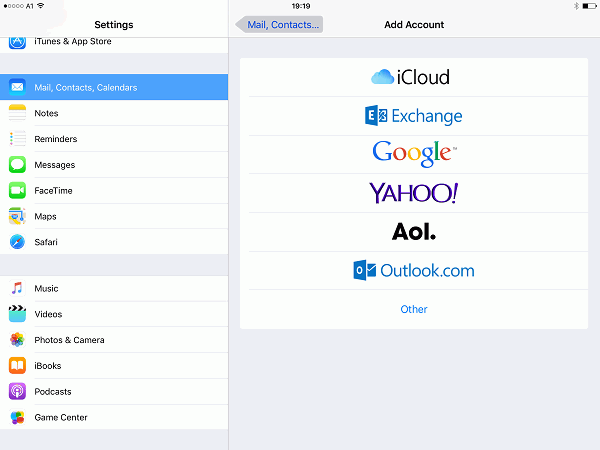Does VPN Consume More Data? (Uncover the Truth)
VPNs are getting ubiquitous due to their amazing capabilities and advanced features. They are abundantly available on mobile phones, tablets, TVs, and computer devices without any issue at all. However, one thing that most people might be concerned about is the amount of data consumption.
It is true? Do virtual private networks consume more data as compared to normal apps? Are they that expensive? Well, to answer all these questions you must learn about different scenarios first.
It is because there are multiple factors that come into play when a VPN is involved in the game. But fortunately, you have just landed in the right place which means we are going to tell you whether it consumes more data or not.

Do VPNs Consume More Data?
What is the difference between an app and a VPN? When the question is regarding data consumption, it is a little difficult to determine because they both consume data.
A VPN creates a tunnel between your devices and allows you to use internet services privately while also keeping the activity hidden from your service providers.
While an app lets you access the web without any issues. However, it does not mean that both of them consume the same amount of data. In fact, the amount of data used depends on the type of app you are using.
VPNs Don't Usually Consume More Data
Normally the function of a VPN is to encrypt your traffic data and secure your connection. If it is of very good quality then technically it shouldn't consume more data. It is because it will use a series of its servers to connect clients.
Besides that, they are very fast and efficient. There shouldn't be any traffic loss and miss-hits due to which they consume the right amount of data. You may see a fraction bit of spike in your overall consumption but that's just because of the extra connection activity such as tunneling the traffic.
What Makes them More Data Consumers?
As mentioned earlier, normally VPNs do not consume heaps of data but there are some conditions that turn them into parasites. For example, when you connect to the internet using VPNs from different countries you can experience speed issues.
This is because the connections from different countries can have different bandwidth limits and thus you will be experiencing slow speeds and lag. Apart from that VPNs with the least amount of servers will have to suffer from speed issues again.
This can waste a lot of data by sending in a lot of requests to the server. In addition to this, some networks come with additional features such as location spoofing, etc, which requires more internet.
This again may cause your network to consume more data in order to work flawlessly.
What to Do If My VPN is Eating All of My Data?
If you are on a limited connection then this can be a serious issue for you especially if the virtual private network is your priority. You will suffer from a large amount of data loss and as a result, you will have to pay more to replenish it.
If you find yourself in such a situation then the first thing that you need to do is to measure your data. You can easily find apps on the web or in the play store which can measure which app is using more data.
Once you find that out the next thing you need to do is to end the process of that application. If in case it is your virtual private network then the only thing you can do is to switch it with something else.
Last Minute Thoughts
To conclude the above info, a virtual private network may require a little bit more data but not a very huge amount. However, that is limited to the case if you are using the right VPN.
Having that said, not all of them are the same and some of them may charge you a large amount of consumption.
Under such conditions, you will need to find out the main culprit and get rid of it on time. We hope you find this article interested and enjoyed reading it. We would be thankful if you share this interesting piece of info with your friends and family too.























